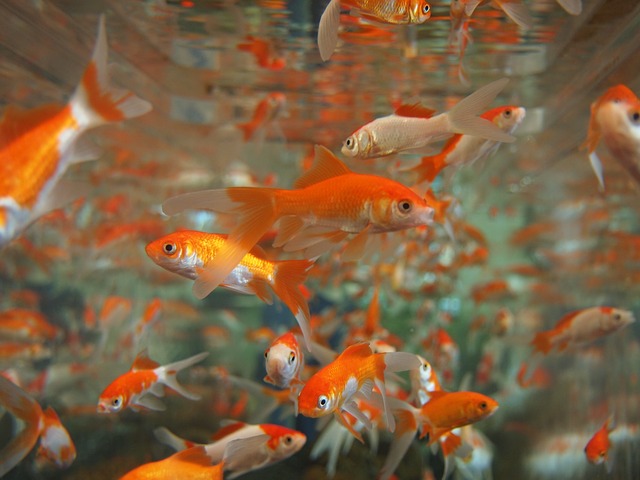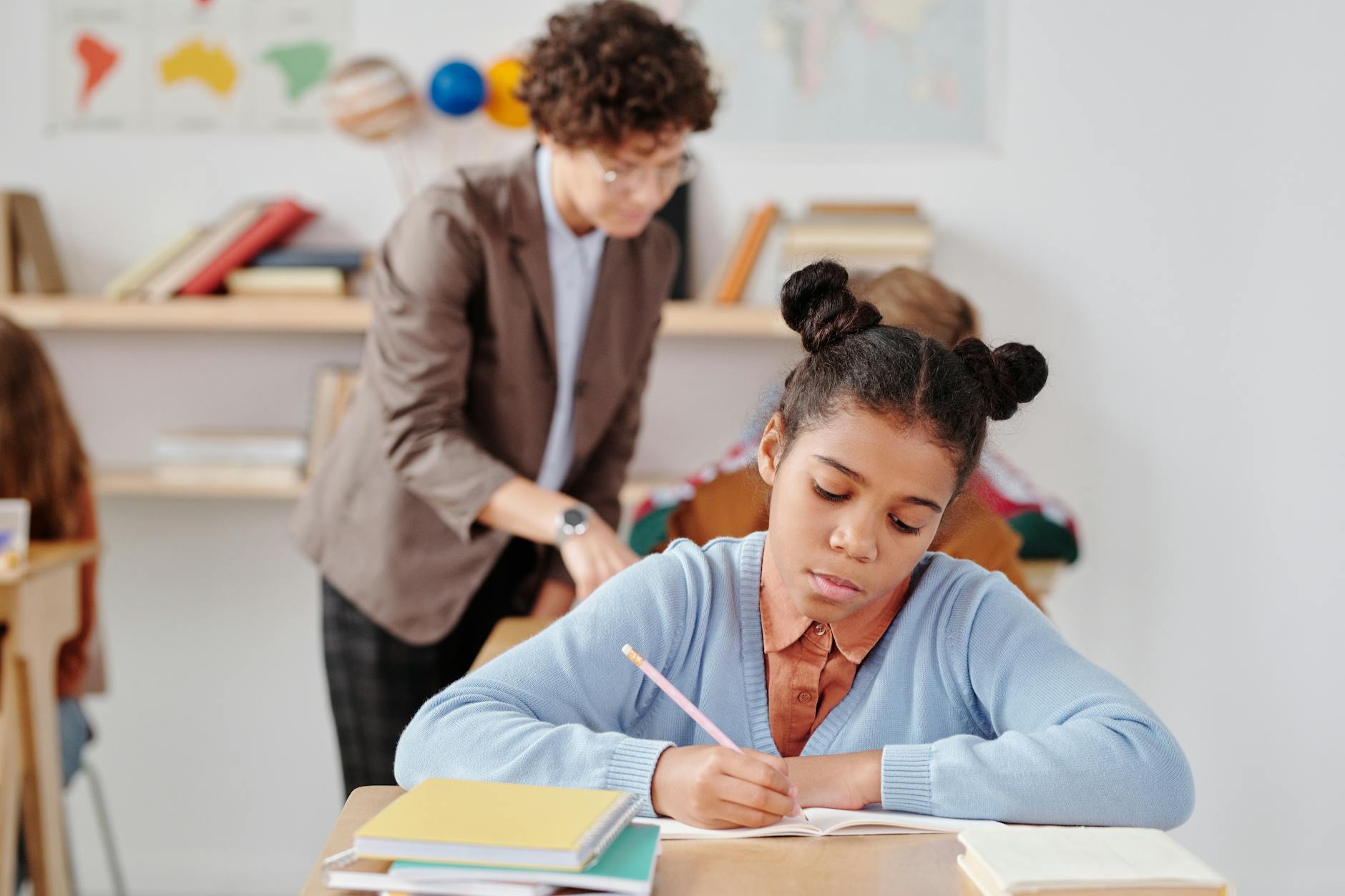FAQ: which action words should I teach my toddler, and how?
2016 research update alert: for more up-to-date information, click here.
When kids get to around two, we expect them to start combining words into short phrases and sentences.
Problem is, many of us parents tend to spend most of our time teaching our toddlers the names of objects. You can’t make a sentence out of objects only. Consider:
“Bread fish Australia dog concrete Peter keys democracy”. It sounds like a doctoral thesis on post-modernism. In other words, meaningless.
To make a sentence you need at least a noun (e.g. fish) and an action word or verb (e.g. swimming). Otherwise, how is your child going to wake up one day, point to your fish tank, and say his or her first glorious sentence?
“Fish swim!”
Action words are tricker to teach than the names of objects because:
- unlike objects, you can’t easily see them – you have to infer “swimming” from what’s happening (the fish moving through the water in the tank), rather than simply what’s there (the fish);
- when they happen, it’s usually only for a short time (especially for goldfish that have had the misfortune of being my pet); and
- they are used to code relatively complex, sometimes abstract, ideas, e.g. of space, time, and causality.
So which action words are the most useful to teach your toddler?
Short answer: simple, “all purpose” action words that can be used by your toddler in lots of situations and places (we wouldn’t recommend starting with “prevaricate” or “bedazzle”, for example). Here’s the shortlist list I usually start with, adapted from the famous* Bristol Language studies:
come
do
get
got/have
look
make
need
open
play
put
that’s a…
want
As leading Australian speech pathologist Mellanie Sherwood points out, a great way to teach your toddler verbs is when they are playing with their favourite toys. Just make sure you teach the verb while you are acting it out or otherwise demonstrating the action – and while your child is watching you do it – so he or she can figure out what you’re talking about.
Not before or after you’ve done it.
* Famous, mainly, to speech pathologists with an interest in early language development.
Key source: Wells, G. (1985). Language Development in the Preschool Years. Cambridge Press, London.
Related articles:
- Late-talkers: the importance of verbs to kick-start language development (2016 research update)
- Helping toddlers with their first words
- Late talkers: how I choose which words to work on first
- Why I tell parents to point at things to help late talkers to speak
- “He was such a good baby. Never made a sound!” Late babbling as a red flag for potential speech-language delays
- Are language development and motor development related?
- 6 principles we follow when assessing toddlers for language delays and disorders
Image: http://tinyurl.com/ns8fsnt

Hi there, I’m David Kinnane.
Principal Speech Pathologist, Banter Speech & Language
Our talented team of certified practising speech pathologists provide unhurried, personalised and evidence-based speech pathology care to children and adults in the Inner West of Sydney and beyond, both in our clinic and via telehealth.








